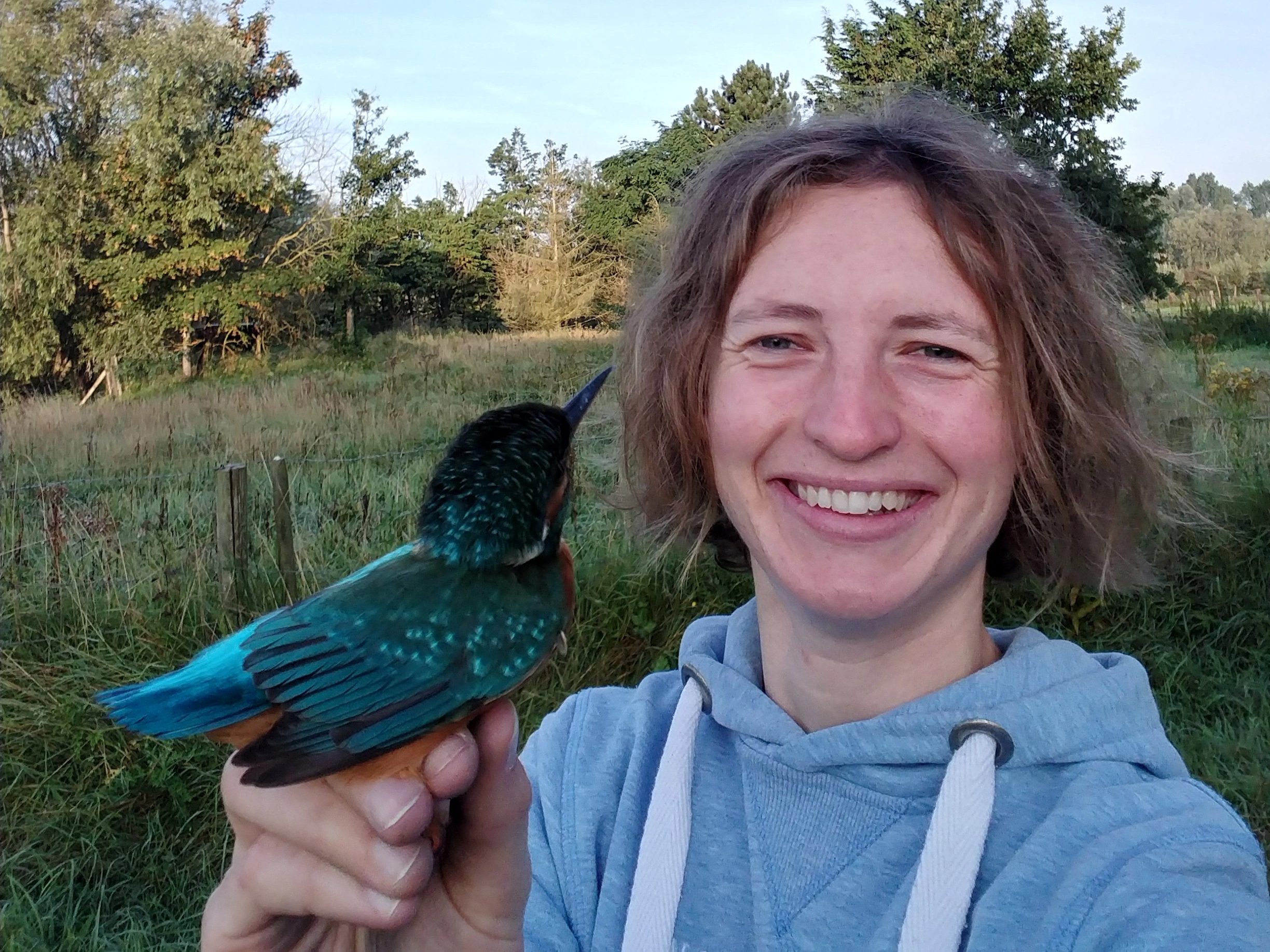I am a behavioural and cognitive ecologist interested in understanding how animals respond to environmental changes. My main research focuses on determining:
1) how physical and social environments shape animals’ behavioural responses and cognitive abilities;
2) why individuals differ in their abilities to adapt to environmental changes;
3) what are the long-term consequences of these changes on individuals’ fitness.
My research is multidisciplinary and encompasses approaches from the field and the lab. I have mostly worked with birds, with a predilection for corvids, but I am always excited to work with other species.


